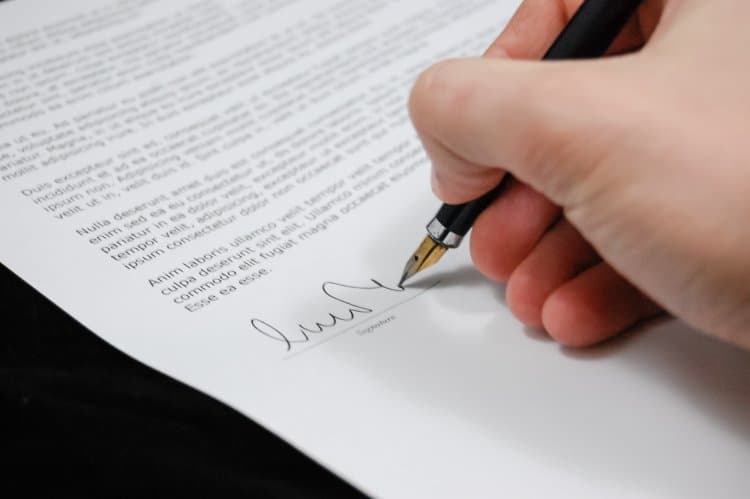
How to obtain a Succession Certificate in the UAE?
When a person dies intestate that is without a will, the assets owned by such person are passed on to their legal heirs after the Court has verified the legitimacy of ownership. In such a situation the Succession Certificate comes into view so as to give the holder of the death certificate the authority to take over the assets of the deceased person.
As per the general rule, the succession matter for Muslims in the UAE is guided by Sharia Law which is a system of Islamic law based on the Quran. Sharia Law is not codified and is capable of adaption, development, or interpretation. For non – Muslims the country’s law of the deceased may be applied if any Will hadn’t been made.
For determination of the legal position of a deceased person leaving assets in the UAE and for matters of inheritance as well as succession, the UAE Civil Code (Federal Law No. 5 of 1985) as amended (“Civil Code”) and The Law of Personal Affairs (Federal Law No. 28 of 2005) as amended (“Personal Affairs Law”) are applicable.
All assets, including bank accounts, and shared assets, of the deceased will be frozen under Article 379(4) of Federal Law Number 18 of 1993 Issuing the Commercial Transactions Law (“Commercial Transactions Law”) until the Court does not decide on inheritance and issues a succession order.
The Succession Certificate is only required if the deceased’s estate and assets are in the UAE and are required to be distributed amongst the legal heirs. Given below is the procedure to obtain a succession certificate -
1. In case of a person’s death, a death certificate is issued. The death is registered by the Ministry of Health and Prevention, the death certificate and translation are further attested by the Ministry of Foreign Affairs and International Cooperation, and the Department of Naturalisation and Residency cancels the visa. The process for registering a death might vary from emirate to emirate and depending on the religion and the residential status of the deceased.
2. The executor or a close relative of the deceased should apply to the Shariah Court to institute succession proceedings.
3. The Shariah Court has jurisdiction to review any application for a death declaration as well as identification of the survivors of the deceased and further conduct any proceedings relating to succession for a Muslim or a non-Muslim expatriate.
4. To ascertain the identity of the heirs, documents will have to be provided to the Sharia Court such as passport copies, birth certificates, marriage certificates, and other evidentiary documents that will assist the court in issuing the Certificate of Succession. All the required documents must be translated into the Arabic Language.
5. If the deceased has left a Will, it should be submitted to the Sharia Court.
6. If a non-Muslim having property in the UAE passes away outside the UAE, the executor or a relative of the deceased would usually file the appropriate succession proceedings before the relevant Court in the home country of the deceased. It is required that the Succession Certificate, issued by that Court is legalized and submitted before the Shariah Court.
7. The deceased’s family members can also authorize any reliable person through a Special Power of Attorney (SPoA) who is notarized by the Notary Public of the Court of the relevant jurisdiction to deal with all the legal obligations and formalities regarding obtaining a Succession Certificate.
The Succession Certificate is thus an important legal document that establishes the relationship of legal heirs with the deceased and further determines the legality of heirs as successors to the deceased’s assets.
For any enquiries or information, contact info@thelawreporters.com or call us on +971 52 644 3004